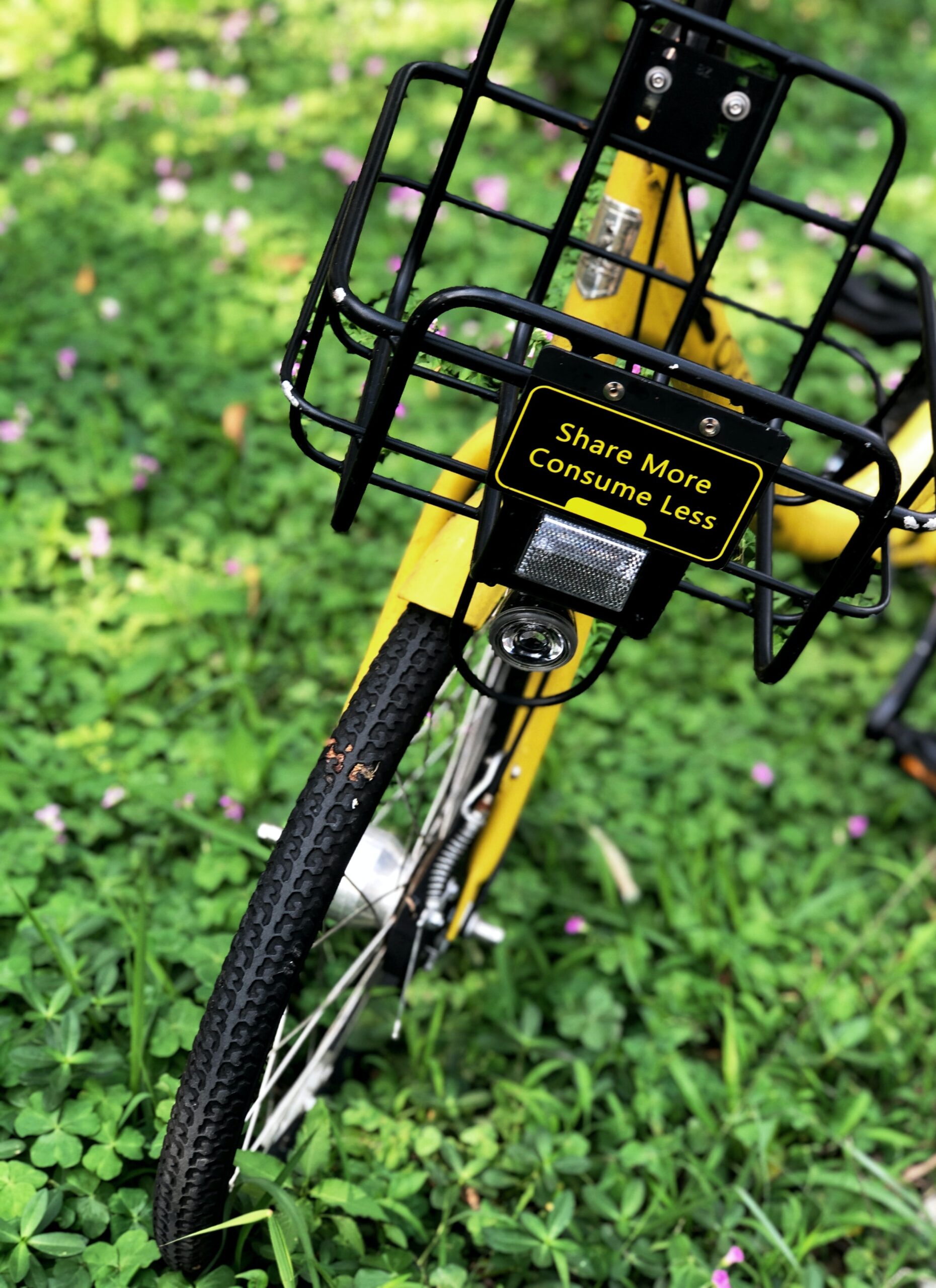On the outskirts of Atlanta, Serenbe is becoming a model for future developments.
Founded by Steve Nygren in the late 1990s, Serenbe is a sustainable development and intentional community that provides both a rural and utopian feel for its residents. The eco-enclave is based on balanced growth where 70 percent of land is protected and the remaining parcels filled with housing complexes, restaurants, playhouses, medical offices and shops.
Nygren moved just outside of Atlanta with his wife and three daughters in the late 1990s to their weekend home in Chattahoochee Hill Country. At the time, the lavish farmhouse sat on 40 acres of land and was about an hour from downtown. In 2000, shortly after moving to the area, Nygren saw bulldozers beginning to take down trees along his property line. Watching nature be destroyed, Nygren was compelled to take action. He began to purchase land with the intent of building a community centered around balanced growth.
“Our retreat to the country was understanding the need to find balance through a relationship to nature, which we weren’t experiencing in the urban center,” Nygren said.
Nygren elected to build a community that emulated European villages where small towns featured multiple generations living together and people felt a stronger connection to nature. His vision became Serenbe, which has a rural feel and plenty of urban benefits.
On Serenbe’s 1,000-acre development there are 350 homes where nearly 700 people live. There are three different neighborhoods within the community and each featuring a central downtown area with a handful of retailers, eateries and salons. Two additional neighborhoods are under development.
Residents live in single-family homes, townhouses or second-floor apartments above retail shops. And the architecture supports community and conversation with all homes featuring front porches or outdoor seating areas to increase interaction amongst neighbors.
Houses do not have front lawns that require excess watering and the 30 percent of land that can be developed is built more densely than downtown Atlanta. Energy-efficient homes cut utility costs by 35 percent and Nygren predicts the use of more geothermal energy in the future will reduce costs by an additional 30 to 35 percent. Over the past two decades, Nygren has developed 1,200 acres of forests and over 15 miles of nature trails that connect the neighborhoods.
Residents pick up a weekly share of vegetables from Serenbe’s 25-acre organic farm while a nearby “Animal Village” houses pigs, chickens and goats. The Serenbe Playhouse is host to playwrights, novelists, musicians and painters from across the country making family-friendly events an ongoing activity. The community also hosts a spa, yoga studio, coffee shop, grocery store and school.
Heath Daughtrey, a 53-year old hedge fund manager, moved to Serenbe from New York City in 2013 in hopes of attaining a more communal feel. He’s enjoying everything he envisioned.
“When I lived in New York City, everything had to be planned,” Daughtrey said. “Here you just stumble into your friends and end up on someone’s porch, drinking wine while the kids play in the yard.”
Serenbe is not the only community of its kind in the United States. According to Cynthia Tina, communications director for the Foundation for Intentional Communities, “there are currently 753 intentional communities in the U.S.” However, based on its ability to provide the community with sustainability, Serenbe poses as a model for future eco-enclaves.





